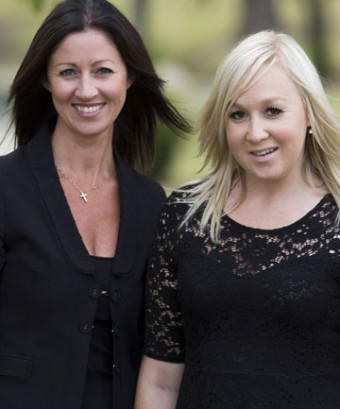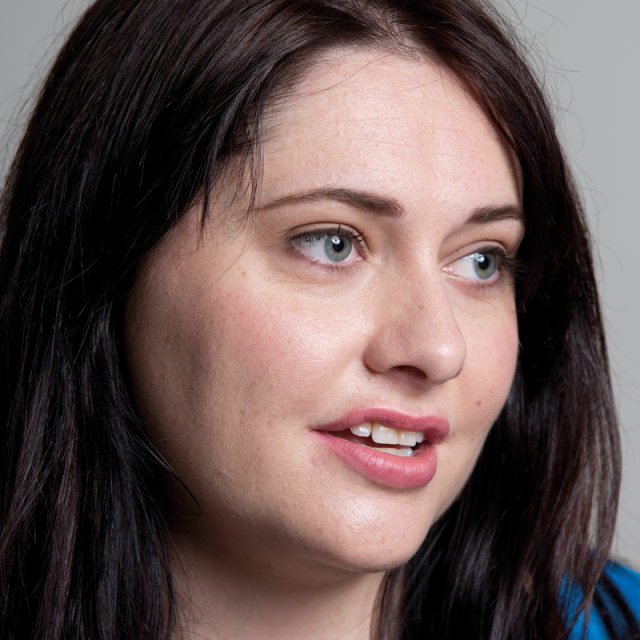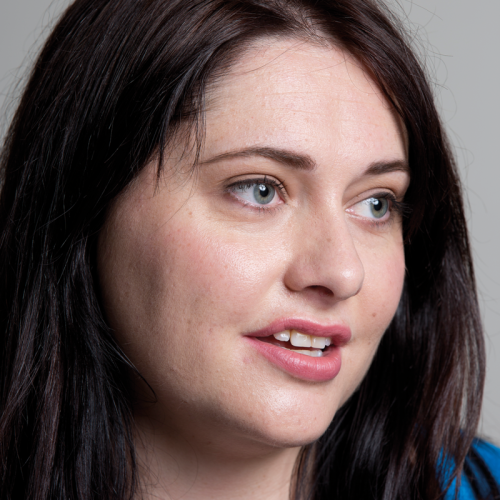In just the second procedure of its kind in this country, Hawke's Bay woman Jessica Jones-Wakely, 27, received a new kidney six weeks ago. At the same time her aunt, unable to donate to Jones-Wakely, gave her kidney to a stranger.
"It is essentially a matter of saying, look, I was prepared to give Jess my kidney, but I can't so I'd like to be able to donate to someone who would like mine so long as we get a match for Jess," Kerryn Jones said.
Earlier this year, an Auckland man was similarly motivated and "walked off the street and said he'd like to give a kidney to someone", said the scheme's medical director, Ian Dittmer. That donation went to Jones-Wakely.
In October, aunt and niece went into surgery at Wellington Hospital together while two others - the anonymous donor and recipient - went to Auckland Hospital. That afternoon, an Air New Zealand plane carrying Jones's right kidney passed a southbound plane carrying the one destined for Jones-Wakely.
"I never hesitated. Leading up to surgery people were asking if I was getting nervous, or worrying about it. I couldn't wait to get on with it, couldn't wait to see Jess come off dialysis," Jones said.
Jones-Wakely was diagnosed with a bad kidney infection, or glomerulonephritis, in January 2008 and would have been on dialysis for the rest of her life had she not received the kidney. Now, she feels much less tired and is far more mobile than she was.
It also means she can travel without taking a dialysis machine, and she is able to have children, should she want.
"I'd love it if one person read this story and decided to donate. It just makes such a difference.
"It changes your life, not having to go to bed every night and connect to a machine.
"I still feel like it was Aunt Kerryn who gave me the kidney because if it wasn't for her donation then I wouldn't have been in a position to receive one."
Her new kidney arrived with a card from the donor.
"It said he wished me a speedy recovery and that his kidney's favourite food was Thai and the odd peanut slab. Which means its an ideal match because I love Thai. I'd love to be able to meet him and thank him and find out why he did it."
The dual transplant operation was just the second of its kind in New Zealand, and the first involving a flight. The first was at Auckland Hospital in April last year.
Dittmer said organising a paired exchange that involved aircraft and two hospitals was "incredibly complicated".
"We had to sit there as a group with about a million emails and texts to sort it all out.
"The donors' operations start at essentially the same time. The kidneys get taken out, have a solution rinse through them, are packed on ice and then taken to the airport, where they are transplanted to the other centres."
Dittmer said there were just three or four "altruistic donors" a year in New Zealand - people who offer to donate a kidney for someone on the waiting list.
These are on top of about 50-60 dead donors each year. There are a further 50-60 live donors who donate to a matching friend or family member.
"Altruistic donors tend to be people who are pretty generous in all parts of their life and see it as an opportunity to do something for someone else. They generally feel pretty good that they've helped someone," he said.
"Kidney transplants transform a person's life. It means they won't need to go for dialysis, that they can go back to work, or have children. Also, if you're a person who already has children it would be incredibly hard to participate in their lives fully if you're on dialysis," he said.
The average waiting time for a deceased person's kidney is four to five years, but can be more than 10.
"The advantage of the exchange programme is we're getting two for one."
By Marty Sharpe - The Dominion Post


